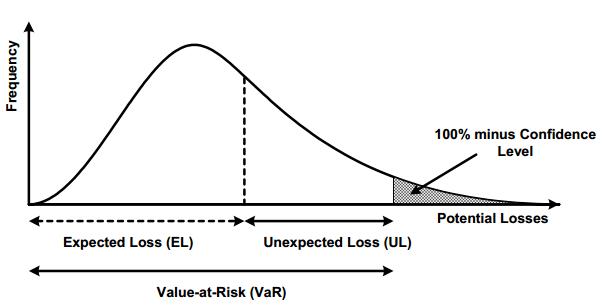Unexpected Loss Risk Weight

Muscle loss or muscle wasting can lead to unexpected weight loss the major symptom is muscle weakness.
Unexpected loss risk weight. Your body is made of fat mass and. However it is most common and most serious in people who are over the age of 65. Unexplained weight loss can occur in anyone.
However whether a person is male or female can increase their risk for certain conditions that can cause this symptom. However the researchers suggested that in male ever smokers who are 50 years of age or older and in patients with concurrent clinical features the risk of cancer. Also in some other cases sudden weight loss can occur as a symptom of certain diseases or a sideeffect of surgeries or injuries.
Who is at risk for unexplained weight loss. Risk weighted assets are used to determine the minimum amount of capital that must be held by a bank by assigning risk levels to each type of asset. Sometimes a specific cause isn t found.
There are several types of cancer such as leukemia lung pancreatic breast and colon that are known to lead to unexplained weight loss says eyal meiri md interim chief of medical oncology at cancer treatment centers of america in atlanta. In general expected loss as the name suggests is the expected loss from a loan exposure. One of your limbs may even look smaller than the other.
Even unexplained weight loss of less than 5 percent of body weight or 10 pounds may be the sign of a serious condition in older people. While the terms expected loss and unexpected loss are commonly used in risk management it is important to have a clear understanding of what they actually mean. There are many reasons that weight loss can occur.
Often a combination of things results in a general decline in your health and a related weight loss. Also read 7 weight loss tips you must never follow. Regulatory guidelines suggest the expected loss figure is determined by the midpoint of the loss distribution bis approach assumes that reserves and provisions held on the balance sheet of the bank should adequately cover and compensate for expected loss caused by normal operating conditions and.














